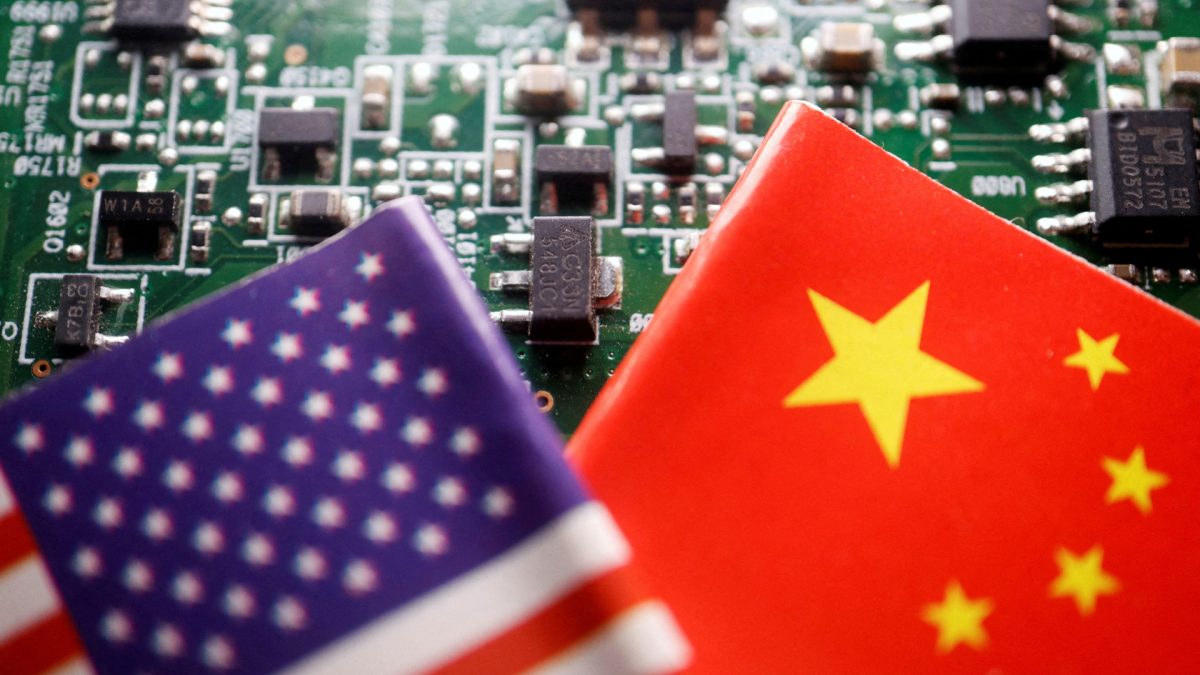The United States is set to introduce new regulations aimed at preventing advanced chips produced by companies like Taiwan Semiconductor Manufacturing Co. (TSMC) from reaching China.
This move is part of a series of measures implemented by the Biden administration in its final days to limit China’s access to cutting-edge technology.
The forthcoming rules will require chipmakers such as TSMC, Samsung Electronics, and Intel to enhance their customer vetting processes and due diligence. This initiative follows reports that TSMC-manufactured chips were clandestinely supplied to Huawei Technologies, a Chinese firm blacklisted by the US, Bloomberg reported.
Scheduled for announcement as early as Wednesday, these regulations build upon global semiconductor restrictions unveiled earlier this week. The prior measures restricted the sale of AI chips from companies like Nvidia to data centres in numerous countries.
The US is determined to close loopholes that allow Chinese entities, including Huawei, to acquire advanced chips. The new rules will target leading semiconductor manufacturers to cut off supply at the source.
Under the proposed regulations, chips at or below the 14 or 16-nanometer threshold will be presumed restricted under global controls, necessitating government licenses for sales to China and other specified nations.
However, provisions exist for chipmakers to challenge this presumption, focusing on identifying Chinese firms attempting to circumvent US regulations, Bloomberg reported.
The Commerce Department’s Bureau of Industry and Security, responsible for overseeing semiconductor export controls, declined to comment on the matter.
Impact Shorts
More ShortsUS Efforts to restrict China’s semiconductor access
The Biden administration has intensified efforts to limit China’s access to advanced semiconductor technology, citing national security concerns. In October 2022, the US Department of Commerce implemented export controls to impede China’s ability to produce advanced-node semiconductors used in next-generation weapon systems and artificial intelligence applications.
These measures have significantly impacted China’s semiconductor industry. For instance, China’s semiconductor output dropped by 17 per cent in early 2023 following the implementation of US export controls.
Additionally, the US has collaborated with allies to enforce these restrictions. In 2023, both Japan and the Netherlands enacted export control provisions limiting the sale of semiconductor manufacturing tools to China, aligning with US policies.
)